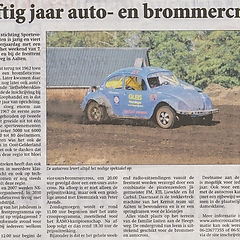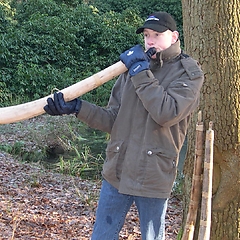In the period of February/March, Strao is ridden in six villages on the isle of Schouwen: Burgh Haamstede, Ellemeet, Scharendijke, Serooskerke, Renesse and Noordwelle. The highlight of Strao is the washing of the horses’ feet in the sea. The rider remains seated on the horse during the ride.
Riders and horses gather in the morning at a fixed starting point, and subsequently set off to the beach around noon. This point in time is different for every village.
There are two explanations for this feet washing:
- The injuries that the horses suffered during the winter in the stable are disinfected by the salty sea water.
- During the ride evil spirits are expelled.
Other important elements of the tradition are the decoration and the inspection of the horses. For this competition the horses are being decorated with natural materials and the riders, if possible, wear traditional costumes. The inspection is done by a jury consisting of village people. At the end of the ride the riders return to the village, where they are welcomed by a delegation of the municipality and the Strao committee. The parade is accompanied by the local music society. After their return the results of the competition for the most beautifully decorated horse and rider are announced.
As an extra activity in some cores ring tilting and/or running competitions take place with the horses and riders who participated in the Strao. There is a party night in one of the entertainment facilities of the village. By tradition, schroasels (a kind of flat gingerbread) are eaten during Strao.



